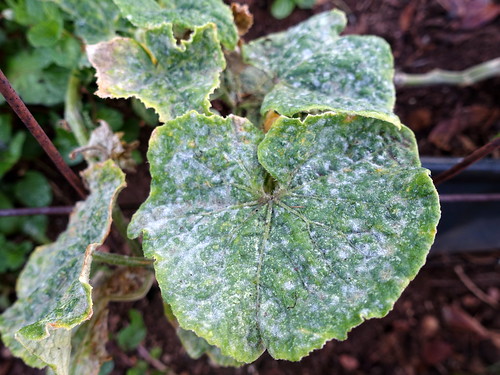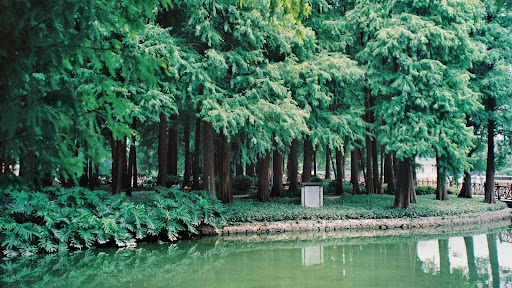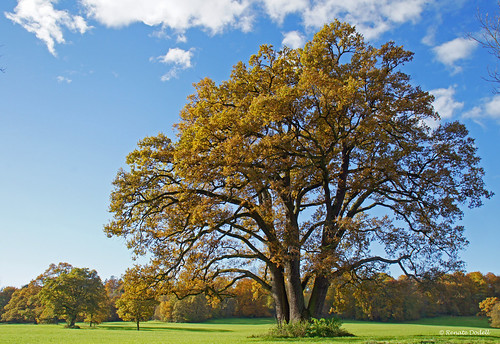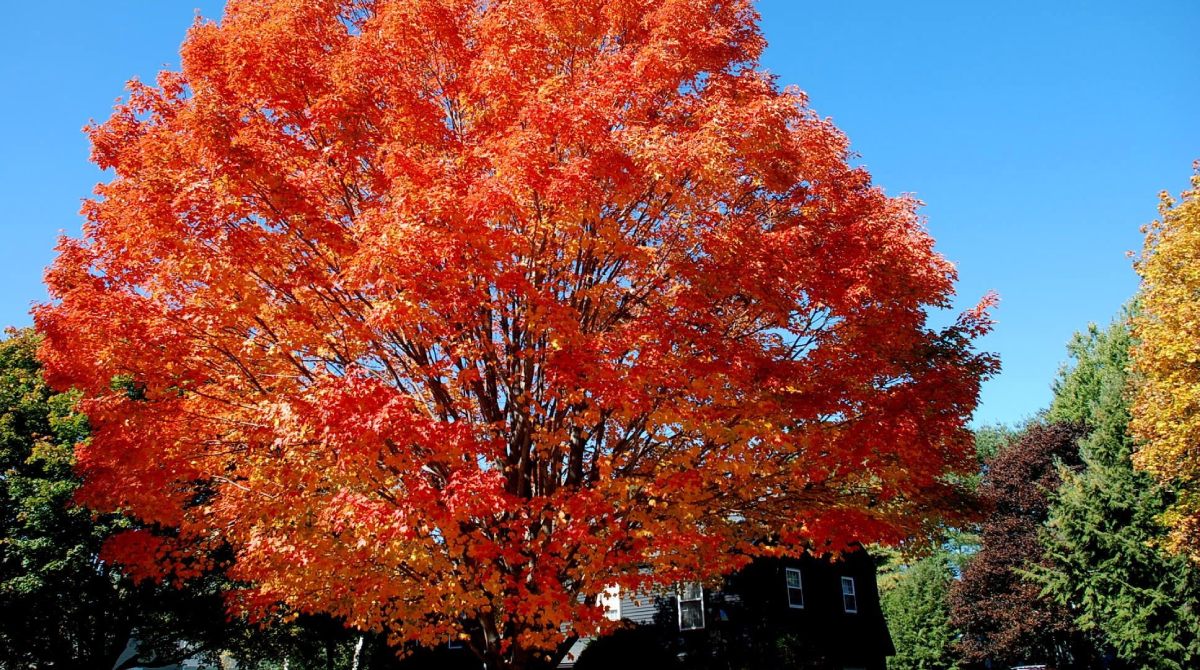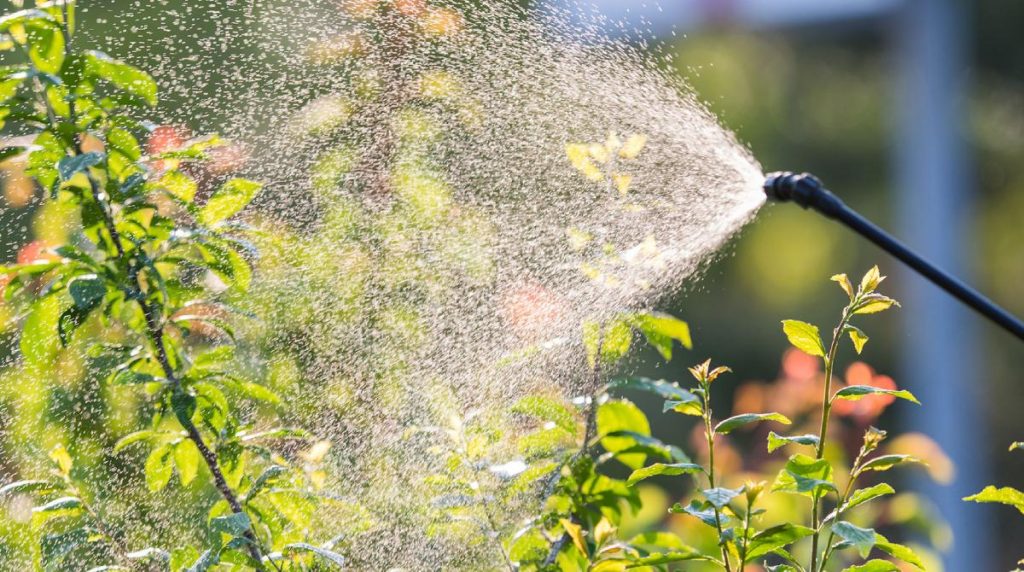
Date August 24, 2021
Category
Trees are living things, and like all living things, stress can make them vulnerable to getting sick. Although they don’t get colds like humans, they can be attacked by tree diseases and pest infestations. Of course, not all insects are harmful to your trees and shrubs. Actually, most of them aren’t. Some of them are even beneficial. But some pests can cause serious damage to our North Texas trees and shrubs. Below are the insects that tree owners should look out for. If you notice any signs or symptoms of these pests, it’s time to call a tree doctor.
Suckers
Sap-sucking pests to look out for in North Texas: aphids, scale insects, whiteflies
All sap-feeding pests have to suck mouthparts that they use to suck plant juices out of the tree’s leaves, stems, and branches. Most of these insects are large enough to be seen with the naked eye, especially if large populations attack your trees and shrubs, but they also excrete large amounts of a sweet, sticky liquid called honeydew. You might notice that the honeydew has attracted ants or begun to grow a black and grey mold called sooty mold. Although these pests might not be fatal to trees and shrubs in small numbers, they often overwinter on the trees or in the fallen leaves and reinfest the tree the following year. Over the years, they will cause your trees more and more stress as their populations grow. If left unchecked, they can eventually kill your tree.
Stipplers
Stippling pests to look out for in North Texas: spider mites, lace bugs
Stippling insects have piercing mouthparts that they use to pierce the surface cells and suck out their contents. They focus on sucking juices from the underside of leaves, and their damage creates a stippling pattern of yellow dots that eventually turn a bronze color on the leaves of trees, shrubs, or plants. You probably won’t notice these pests until your trees start showing signs of damage or an overall sickly appearance, like drooping leaves with white, yellow, or brown discoloration. If you notice any of these signs, you should call a certified arborist to assess your trees and determine a tree care plan to nurse your trees back to full health.
Chewers
Chewing pests to look out for in North Texas: bagworms, tent worms, webworms, leaf beetles, weevils
These pests have chewing mouthparts that cause noticeable damage and sometimes premature defoliation. The signs and symptoms of chewers depend on the type of insect. Adult leaf beetles leave holes in the foliage while larvae feed on the underside of leaves, giving the leaves a skeletonized, window-pane appearance. Bagworms make conical sacs that hang from the branches of the trees they infest. Webworms and tent caterpillars make large, silky nests that resemble messy spider webs. These webs can get so large they envelope entire branches. Weevils attack different parts of the tree, depending on the type. Some attack the base or roots of the tree, and their legless larvae feed in hollowed-out cavities under the bark. Like the Pecan and Acorn weevils, Nut weevils feed on immature nuts, stopping the nut’s growth.
Borers
Boring pests to look out for in North Texas: beetles, moths, wasps
The term borer describes pests that feed and make homes inside the bark, trunk, or branches of trees. It includes pests from several different insect groups: beetles, moths, and wasps. There are “primary invaders” that attack healthy trees and “secondary invaders” that attack trees that are already weakened by other factors. You might not notice them until parts of your trees or shrubs start to show external damage or die. Upon closer inspection, you might see the entrance and exit holes in a random pattern around the tree. If you look under the bark, you might find galleries that look like straight or squiggly lines. There could also be sap or sawdust-like frass present.
Prevention is the best treatment.
When a tree is in optimal health, it’s significantly less likely to be attacked by pests or diseases. Hence, one of the best things you can do for your trees is to boost their health through proper tree care practices, such as routine watering, correct pruning techniques, and soil conditioning. TreeNewal offers a special blend that we highly recommend to all our customers to boost their trees’ health. It uses three products that are proven to increase the growth and vitality of your trees and shrubs. Although it’s beneficial for all trees and shrubs, it’s beneficial for trees experiencing stress. Our blend uses the biochar brand VITAL Blend 5M, a plant-derived, organic soil enhancement product that charges the soil. The blend also includes humic and fulvic acids, high amounts of Active Carbon, and over 55 micronutrients which improve your tree’s metabolism, nutrient intake, and development. The biochar and humic acid are beneficial in remediating compacted soils. It also includes MitoGrow, a rooting hormone, stimulating and promoting root hair growth in your trees and shrubs. This time-tested blend is a natural plant growth stimulator designed to boost your tree’s ability to absorb nutrients and develop a deeper, stronger root system, bark, and canopy.
Call a tree doctor if you think pests are attacking your trees or shrubs.
If you think your tree has a pest infestation, call our team of pest and disease experts. Our ISA Certified Arborists are extremely knowledgeable about pests in North Texas and pest control management. They are also well-versed in the available treatments, including the use of pesticides. Because applying pesticides can be dangerous, we strongly recommend leaving this tricky task to a team that’s extensively trained in insect and disease management. TreeNewal offers a full range of expert tree care services and hires only the best tree surgeons Texas has to offer. We are passionate about tree health care and helping property owners in Dallas-Fort Worth prolong the lives of their trees and shrubs. Besides pest and disease control, TreeNewal offers other services, such as tree trimming and pruning, air spade and root aeration, soil conditioning, and much more. If your tree is past the point of saving, our team of tree care experts can handle the task of branch, tree, or trunk removal. Our team is well-equipped to stop the further spread of pest infestations or tree diseases and safely dispose of any infected debris. For more information about our disease and pest management, go to our website at treenewal.com. To set up an appointment, call us at tel:(817) 592-6846.
To learn more about TreeNewal’s Summer Pest Control Guide for North Texas, call our Argyle and Southlake-based teams
at tel:(817) 592-6846 or send us a message.
We’re a little different than the average tree services company.
Learn more about TreeNewal’s ISA Certified Arborists!
Our Dallas/Fort Worth-based tree doctors can explain how sustainable tree care services add more value to your bottom line.
Healthy trees, healthy lives.
